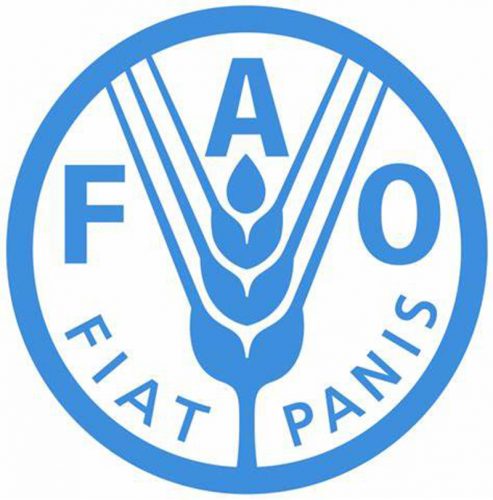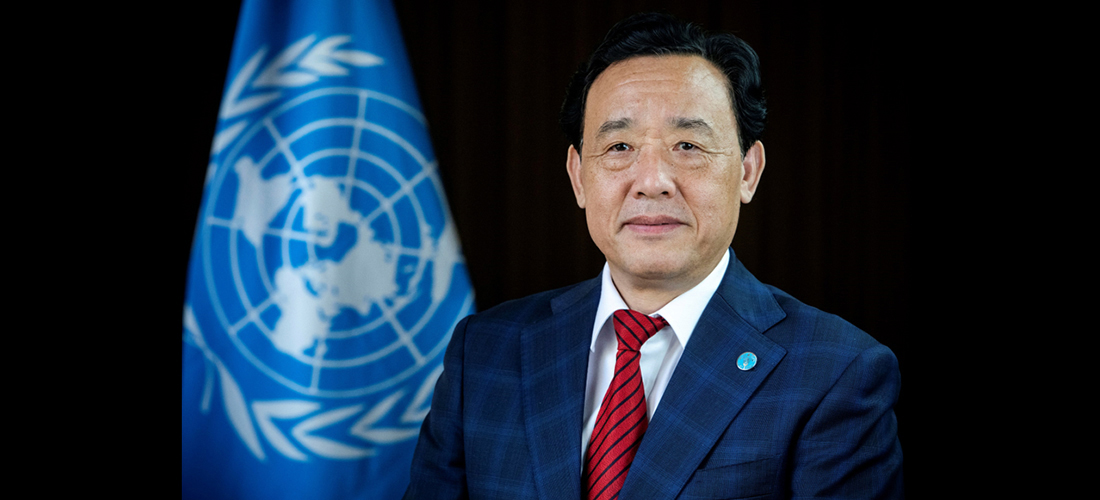Utilizing what he says are lessons extracted from the experience of the more than two-year long harshest experiences of the Covid-19 pandemic, Director General of the United Nations Food & Agriculture Organization Qu Dongyu, earlier this week told a UN forum that one of the valuable takeaways from the pandemic is the truism that a robust and well-integrated global agri-food system can contribute to countries withstanding unprecedented challenges, as evidenced during the COVID-19 pandemic in early 2020 when global agri-food markets proved to be remarkably resilient.

“Trade can also help global agri-food systems use scarce natural resources, such as land and water, more effectively and sustainably and to diffuse modern technologies worldwide,” the FAO Head asserted during his presentation.
Predictably, the FAO report expresses concern that the protracted conflict between Russia and Ukraine was fragmenting global agri-food markets and magnifying hunger threats that had already been significantly heightened on account of COVID-19, pandemic and other humanitarian crises across the world.
The current FAO Report undertakes an assessment of ways in which regional and multilateral energies can be put to work to tackle contemporary sustainable development challenges as well as those of the future whilst monitoring the resilience of the global agri-food, systems, keeping in mind the reality that trade policies, on their own, cannot be expected to fully address all of the entailed trade-offs and required complementary measures. The report’s findings will be discussed at the upcoming 75th Session of the Committee on Commodity Problems, FAO’s longest-established technical committee later this month. Published every two years, the Report discusses commodity market issues in a manner that is readily accessible to policy makers, commodity market observers and stakeholders interested in agricultural commodity market developments and their impacts on countries at different levels of economic development.






